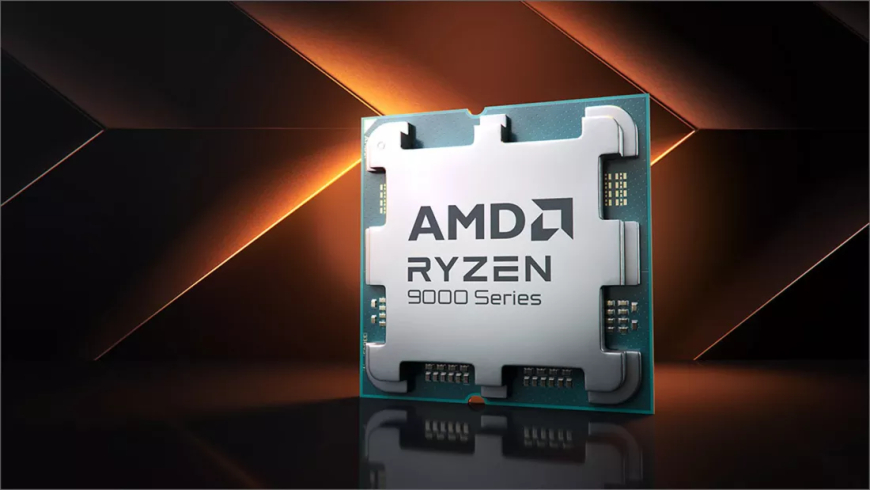AMD addresses AM5 socket burnout concerns after wave of Ryzen CPU failures

AMD is linking the socket burnout to firmware settings outside specification

AMD addresses AM5 socket burnout concerns after wave of Ryzen CPU failures
Serving tech enthusiasts for over 25 years.
TechSpot means tech analysis and advice you can trust.
Recap: AMD is addressing mounting concerns over socket burnouts tied to its AM5 platform after a spate of high-profile failures drew attention to certain third-party motherboards, particularly those made by Asrock. The company acknowledged that deviation from its recommended BIOS settings among some vendors has contributed to the problem, though the cause may be more complex than a single misstep in board tuning.
The controversy began earlier this year when users on Reddit began reporting failures of AMD's Ryzen 7 9800X3D processor. Many posts described catastrophic damage – sockets that had literally burned – with a disproportionate number of cases involving Asrock motherboards. The issue escalated to the point where Asrock's own forum moderators created a dedicated thread for tracking cases, noting a significant abnormality in the rate of incidents.
Asrock attempted fixes through successive BIOS updates, initially attributing the failures to memory compatibility. That explanation proved insufficient, and by late May the company released BIOS version 3.25, which included sweeping changes to Precision Boost Overdrive parameters. Those revisions adjusted values such as Electrical Design Current, Thermal Design Current, and "shadow voltages" to bring boards back within AMD's specifications. Reports of burnouts declined after the update, but some users have continued to voice concerns that the issue has not entirely disappeared.
In a recent exchange with QuasarZone, AMD executives David McAfee and Travis Kirsch outlined the company's position. "This issue arises because some ODM BIOSes do not adhere to AMD's recommended values," they said. "AMD's position is fundamentally to provide the highest quality products through thorough testing. We always recommend everyone update their motherboard BIOS to the latest version."
AMD's engineers emphasized that the company balances flexibility with reliability in its platform design. While many competing platforms restrict the number of motherboard and CPU combinations a user can choose, AMD supports broader options. That openness creates a wide range of potential configurations, which AMD described as introducing significant complexity for validation and troubleshooting. "While this is a complex issue, we are working closely with our partners to resolve issues and further develop the platform," the representatives told QuasarZone.
The latest guidance from AMD remains straightforward: users should update to the most recent BIOS whenever possible. While Asrock's May update appears to have mitigated most of the catastrophic failure conditions, the company and its partners continue to monitor reports that suggest a limited number of cases persist.
For now, AMD has not attributed the failures to its processors themselves but instead to how some third-party firmware settings exposed CPUs to voltages and power limits outside recommended specifications. It is still unclear whether further BIOS revisions or hardware-level changes will be necessary to fully eliminate the risk of socket burnout
Source: https://www.techspot.com

 Francis
Francis 





